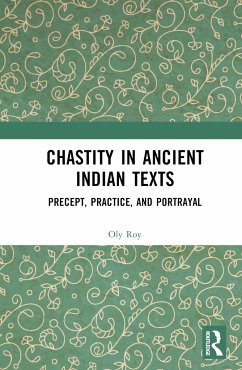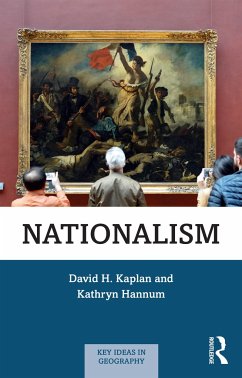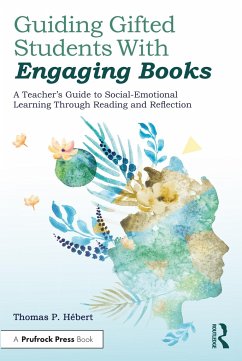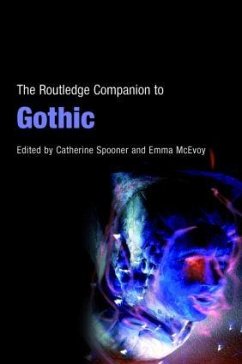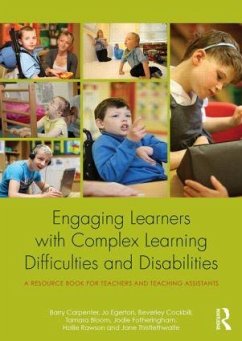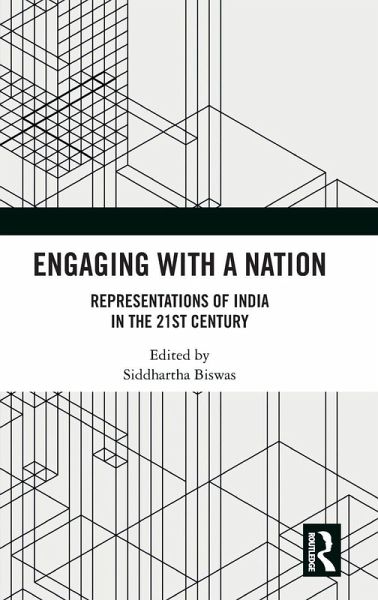
Engaging with a Nation
Representations of India in the 21st Century
Herausgegeben: Biswas, Siddhartha

PAYBACK Punkte
77 °P sammeln!
The book looks at the impact that the idea and institution of nationhood have had on the constituents of India in the contemporary postcolonial period. It provides a critical analysis through a variety of perspectives--historical, philosophical, literary, and gendered, and locates the nation and its "discontents", along with its nationalist agenda firmly within the context of the contemporary perceived modernity. The book also engages with the colonial legacy that the 'nation' had to endure for two hundred years. It discusses key themes such as nationalism in the contemporary Indian context, t...
The book looks at the impact that the idea and institution of nationhood have had on the constituents of India in the contemporary postcolonial period. It provides a critical analysis through a variety of perspectives--historical, philosophical, literary, and gendered, and locates the nation and its "discontents", along with its nationalist agenda firmly within the context of the contemporary perceived modernity. The book also engages with the colonial legacy that the 'nation' had to endure for two hundred years. It discusses key themes such as nationalism in the contemporary Indian context, the concept of Hindutva, Islam nationalism, and queer nationalism.
An important contribution, this book will be of interest to students and scholars of India studies, Indian politics, Third World studies, postcolonial studies, gender studies, nation studies, and history.
An important contribution, this book will be of interest to students and scholars of India studies, Indian politics, Third World studies, postcolonial studies, gender studies, nation studies, and history.





